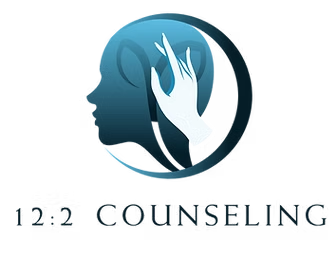Why the Relationship in Counseling Both Matters—and Doesn’t
.jpg)
When people think about counseling, the first thing that often comes to mind is the relationship between client and therapist. And for good reason. The therapeutic relationship has been shown to be one of the most important factors in whether trauma therapy feels safe, effective, and transformative. But at the same time, it’s not everything. Let’s unpack why the relationship matters—and why it also doesn’t.
Why the Relationship Matters
At its core, individual counseling is about being seen, heard, and understood. A strong therapeutic relationship provides a foundation of trust, compassion, and safety. Without it, it’s hard to open up about life’s most vulnerable places. When you feel your therapist “gets” you, you’re more likely to:
- Share openly, instead of holding back
- Stay engaged when the work gets uncomfortable
- Believe that healing and change are actually possible
The relationship acts as the container. It’s where trauma counseling and growth begin.
Why the Relationship Doesn’t (Fully) Matter
Here’s the flip side: while connection is crucial, counseling is more than just a good conversation with someone you like. Lasting growth also comes from evidence-based tools, therapeutic techniques, and strategies that help you process your experiences in new ways.
For example, EMDR therapy, somatic work, or cognitive-behavioral approaches can help you break through patterns that talking alone cannot shift. A warm relationship without effective tools may feel supportive in the moment—but it may not move you forward.
That’s why the best trauma therapy is a balance: you need both connection and proven methods that support change.
Finding That Balance at 12:2 Counseling
I’m Kim Hernandez, MA, LPCC, ADDC, and at 12:2 Counseling, I integrate compassion with powerful, research-backed approaches like EMDR therapy, somatic therapy, and cognitive-behavioral methods. My goal is to create a safe, authentic relationship where you feel seen, while also equipping you with practical tools to help you move beyond trauma, addiction, or anxiety.
Because the relationship is important. But so is real change. And you deserve both.
If you’re curious about starting individual counseling or trauma counseling, I offer a free 15-minute phone consultation—no pressure, just a conversation about what you’re looking for.
In-person in Littleton, Colorado or virtual sessions statewide
Reach out: 122counseling@gmail.com
Call or text: 970-281-5303
Subscribe to my newsletter
Stay connected and receive gentle insights, healing tips, and inspiration for your journey—subscribe to the newsletter today.
